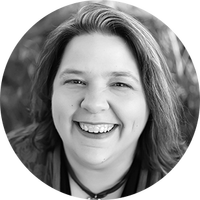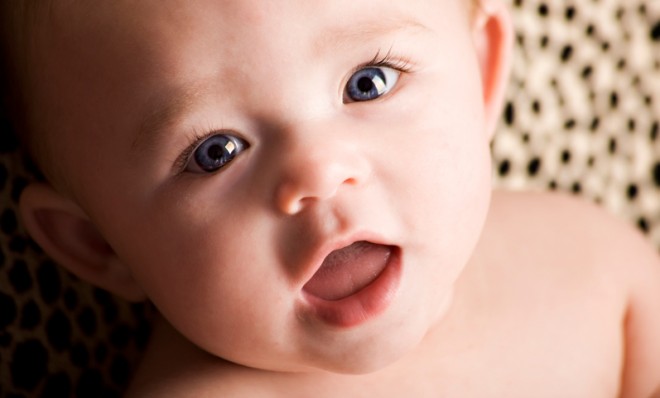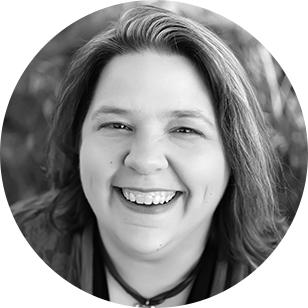Why babies in every country on Earth say 'mama'
Like it or not, cross-cultural use of the word "mama" doesn't spring from some innate appreciation of moms


A free daily email with the biggest news stories of the day – and the best features from TheWeek.com
You are now subscribed
Your newsletter sign-up was successful
Every language has a word for water. In Swahili they call it maji. In Danish, it's vand. The Japanese say mizu. Even though these words describe the most common and plentiful life-giving substance on Earth, they have nothing in common linguistically. But why should they, evolving as they did on three separate continents among people with incredibly diverse histories and traditions?
But there is a word, and only one, spoken the same way in nearly every language known to humankind. That word, of course, is "mama."
"Mama" is a universal word, describing the woman who gave us the most cherished love in our most vulnerable state. Almost every language boasts a recognizable form of it. While it's true that most languages vary when it comes to the formal word mother, the intimate mama stays the same in each language.
The Week
Escape your echo chamber. Get the facts behind the news, plus analysis from multiple perspectives.

Sign up for The Week's Free Newsletters
From our morning news briefing to a weekly Good News Newsletter, get the best of The Week delivered directly to your inbox.
From our morning news briefing to a weekly Good News Newsletter, get the best of The Week delivered directly to your inbox.
But "mama" doesn't spring from love. It happens because of two things: Lazy little baby mouths, and boobs.
The definitive study on "mama and papa" as universal terms was conducted by Russian linguist Roman Jakobson. He explained that the easiest vocalizations for a human to make are open-mouth vowel sounds. Babies can make vowel sounds (cries) from day one. And they do. Constantly. As they begin to experiment with making other noises, babies will test some of the easier consonant sounds. Usually they start with the sounds made with closed lips, or "labial sounds" such as /m/ /p/ /b/. Babies summon their energy to push out that new consonant sound "MMMM" and then relax into an open mouth vowel, usually "ah" — which is the easiest. When you combine that with a baby's natural repetition in speech, or "babbling," you get " ma-ma", "ba-ba" "pa-pa," and so on.
So why do babies gravitate to the "m" sound instead of "p" or "b"? Because of breasts, of course! The "m" sound is the easiest for a baby mouth to make when wrapped around a warm delicious breast. Even as adults, we still associate "mmm" with something being yummy and good. So does your baby.
Jakobson's work suggest that your baby has no idea your name is Mama, (or Dada for that matter). Mama doesn't mean "I love you, sweet angel-woman, sacrificer of sleep, career, and buttock firmness." It means "food."
A free daily email with the biggest news stories of the day – and the best features from TheWeek.com
So when a baby calls its father "mama," and gets increasingly disturbed when the father does not become mama, the child is not actually asking for its mother. The child is recognizing that the hairy flat-chested lunk trying to sing "Little Bird" to it is NOT Primary Food Dispersal Unit #1. And Primary Food Dispersal Unit #1, or the suitable latex substitute she usually holds, should be brought forth as quickly as possible.
The Jakobson study predates the feminist movement, and doesn't touch much on the role of men as primary care givers. We can assume the same pattern of speech develops, but is re-arranged through parental guidance, so that a baby soon learns that saying "da da" will bring food, even if no boobs are involved.
Parents encourage the baby's speech, and help refine its inflection to their particular language. Soon "mama" and "papa" begin to represent the actual people in the child's life, no matter how diverse those lives are. So whether or not the child wakes at night asking for vand, mizu, or maji, it will likely be Mama they're asking to get it.
Therese O'Neill lives in Oregon and writes for The Atlantic, Mental Floss, Jezebel, and more. She is the author of New York Times bestseller Unmentionable: The Victorian Ladies Guide to Sex, Marriage and Manners. Meet her at writerthereseoneill.com.
